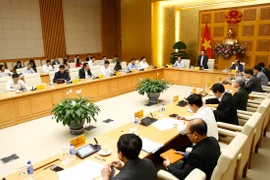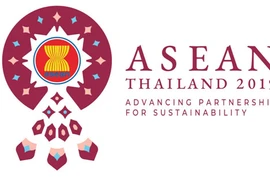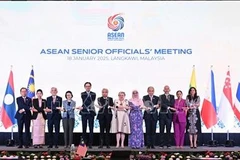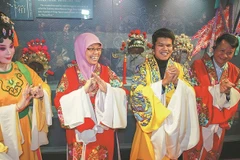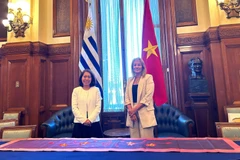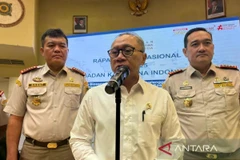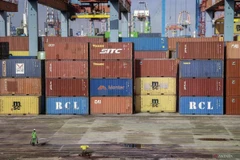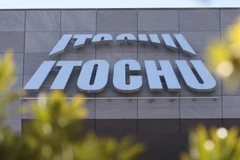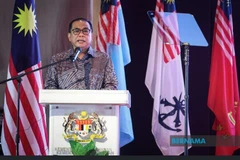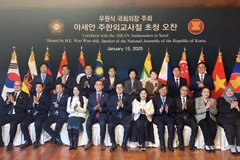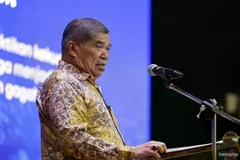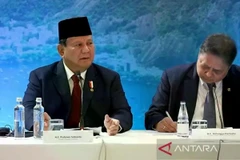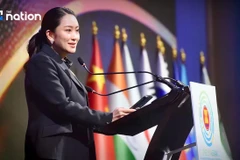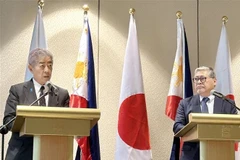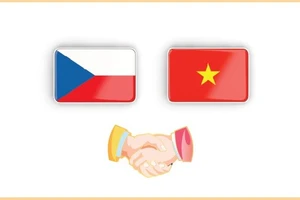A Vietnamese delegation led by head of the Vietnam permanent mission to ASEAN Tran Duc Binh,who represents Vietnam at the ACCC, attended the events.
The eventsspoke highly of positive progress in carrying out the Master Plan on ASEANConnectivity 2025 (MPAC 2025). Among 15 initiatives for MPAC 2025’s fivepriority fields, three involving sustainable infrastructure, three on digitalcreativity, two on trade facilitation are underway.
Meanwhile, seven on transportation, harmonisation of technical standards andfacilitation of people’s travel are in preparatory stage.
Partnercountries and international organisations pledged to continue assisting thebloc in implementing its MPAC 2025 projects.
With thesupport of Australia and the Economic Research Institute for ASEAN and EastAsia, two research projects have been basically completed, including the ASEANSustainable Urbanisation Strategy and the Study on Micro, Small, and Medium Enterprises (MSMEs)Participation in the Digital Economy in ASEAN.
At present, the World Bank is helpingASEAN build a portfolio of sustainable infrastructure projects based on 40proposals in the fields of road and railway infrastructure and power grid. Inparticular, the projects on Ho Chi Minh – Moc Bai highway and southern coastalcorridor (the second phase) have been added to the list of priority projectsthat call for capital.
Connectivitypriorities during Thailand’s ASEAN chairmanship 2019 and 2019 – 2021 WorkingPlan for MPAC 2025 were adopted.
Accordingly,ASEAN member states will pool resources to build data on roads for commercialuse, build a framework to assess the efficiency of supply chain, promote ASEANtourism via electronic information, and improve regional vocational training.
The meetingshighlighted the need to popularise contents and benefits of MPAC 2025 andattract the involvement of the private sector, partner countries, regional andglobal financial organisations in the process.
Participantsagreed to encourage the involvement of ASEAN specialised agencies in MPAC 2025projects, enhance mechanism of coordination in implementing MPAC 2025 projectsand regional connectivity initiatives by partner countries such as China,Japan, the Republic of Korea and India.
The MPAC2025 with a vision to a seamlessly and comprehensively connected and integratedASEAN was adopted at the 28th ASEAN Summit in Vientiane, Laos inSeptember 2016.-VNA



